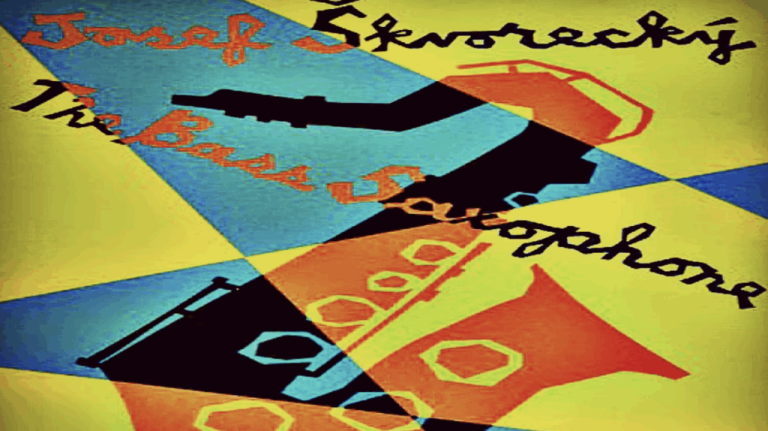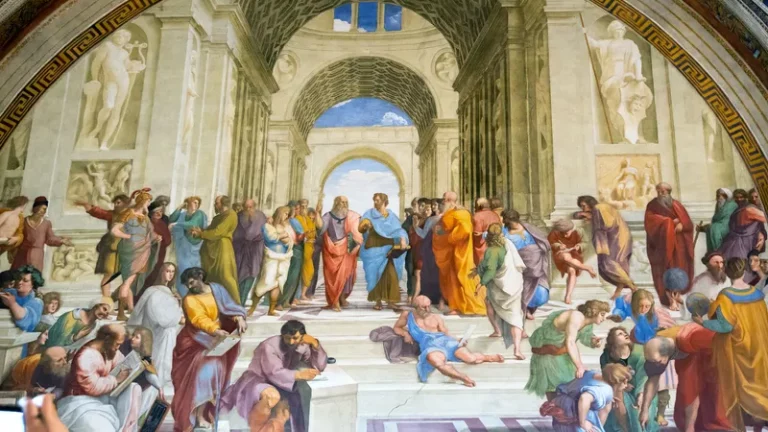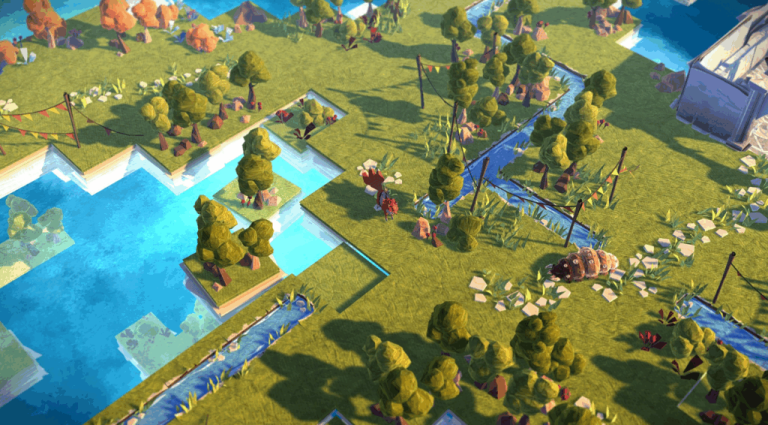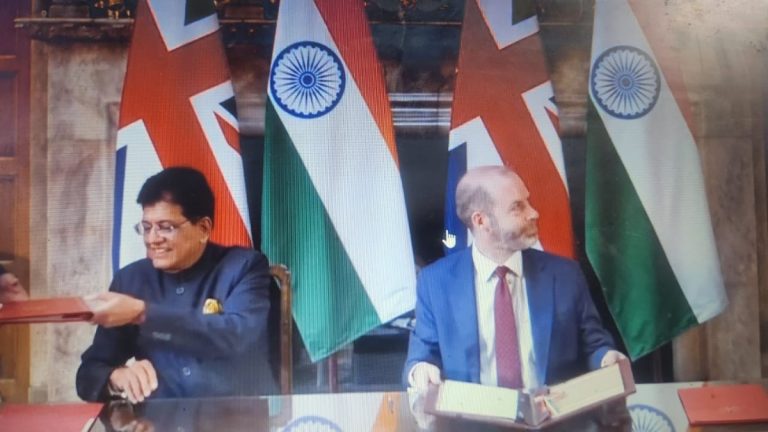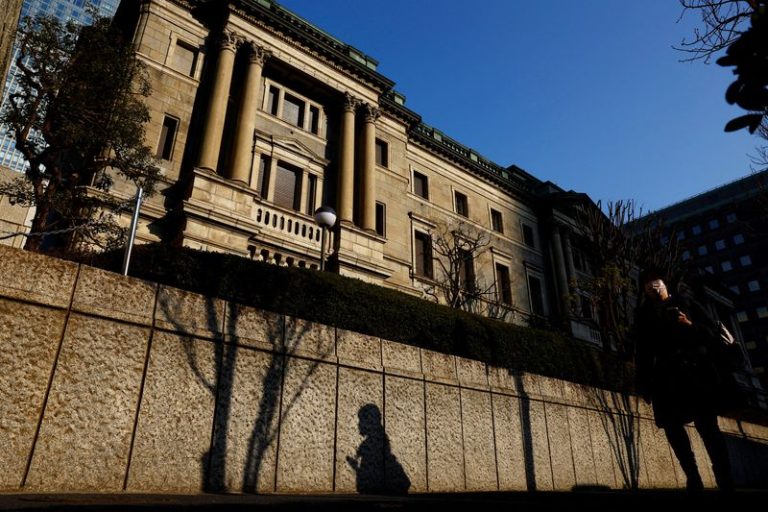Two weeks after its release, Sinister Grift has imprinted itself as one of the tighest, most illuminating, and intentionally crafted records in Panda Bear’s discography – and arguably the entire Animal Collective catalog. Then again, I remember it feeling like that on first listen, indicative of that timeless quality that Noah Lennox’s ‘Step by Step’ collaborator Alan Braxe articulates in the album’s press materials: “Everything sounds authentic and natural, as if it has always existed and will continue to do so.” Lennox may be constantly “toein’ a blurrin’ line,” as he puts it on ‘Venom’s In’, but there’s a musical and emotional purity, if not clarity, to the arc of Sinister Grift. Way before it was meticulously sequenced, the record – Panda Bear’s first to feature all his AnCo bandmates, with notable appearances from Cindy Lee, Spirit of the Beehive’s Rivka Ravede (Lennox’s partner), and his daughter Nadja – began with Lennox and his co-producer and lifelong friend Deakin (Josh Gibb) laying down material in his newly built studio in Lisbon. Like its ecstatic take on heartbreak, Sinister Grift reconfigures country tropes, classic rock chords, and reggae rhythms without quite distorting or diluting them. It sounds at ease with its menace and disconcerted by its playfulness, and these are all words you can twist around every time you press play.
We caught up with Panda Bear to talk about the Louvin Brothers, YouTube, classic rock/reggae, the La’s, and other inspirations behind Sinister Grift.
Josh “Deakin” Dibb
How did you decide to invite him into the process of the album? Was it an album at that point?
It maybe wasn’t super official yet, but I think I asked him during COVID, when he was doing a bunch of Time Skiffs mixes. Eventually, Marta Salogni did a really good job with it, but Josh would do premixes a lot of the time. He mixed this EP thing we did called Bridge to Quiet around the same time, and I thought it sounded not just cool but distinct in a way that Josh had developed his own signature. Also, knowing his sensibilities with music and how they’re different than mine – similar to Rusty [Santos, who worked on 2019’s Buoys], he’s more of a lyrics-and-melody-driven listener – I thought, besides being excited about his particular sound, it might give the music a specific kind of POV that maybe wasn’t my own.
Was there anything that surprised you about the way the songs came together with him or how they morphed in his absence?
He seems more surprised that it turned out good than I was. That was sort of the target that I imagined the whole time, pretty much. We did change the spirit of the thing. My original idea was to do all these recordings straight ahead, band-style – bass, drums, guitar, singing. I would play everything, and then we would slowly disentangle that or play with the audio in ways that would abstract the original recordings. You can hear it on ‘Elegy for Noah Lou’ – it still ended up that way, but that was kind of the only one that really went to the place I thought the whole thing was going to be at first. But we spent so much time getting the arrangements right and the tones of everything, and as we listened to a lot of the stuff, we just liked the way it was. It didn’t feel like it needed to grow into anything else. It felt fully realized, so we just left it.
When I first heard ‘Elegy’, it struck me either as something that came really early on and took a turn, or something that came at the very last minute.
I struggled with that one because it seemed really disparate from the rest of the stuff. Josh was big on it. Josh really wanted to put it on, and I couldn’t figure out a place for it until I found the specific sequence that you hear, where it really felt like a vital part of that story or arc. Then it made a lot of sense, but it took a minute to get there.
You’ve known Josh since second grade. I wonder if that’s a fact that ever comes up in conversation between you or if it’s sort of unremarked.
Well, it’ll come up, and we’ll kind of trip out about it, but most of the time, it’s just your friend, you know? You don’t think about it too hard, but sometimes, if we get to it, it feels pretty wild.
The Louvin Brothers
I read that their song ‘Satan Is Real’ was an inspiration for ‘Anywhere But Here’. Did you have the bones of the song when you structured it with this inspiration in mind, or did you build the track from the ground up?
It can sometimes be a little difficult to talk about inspirations for a thing in a way that makes sense. Usually, I’ll say stuff, and I don’t think people really understand where it’s coming from because, most of the time, if it seems like there’s a really explicit link to something else, I change it. I don’t think it’s interesting just to rehash somebody else’s thing too hard. So it can get a little difficult trying to say, “I got here because of that.” I tried to choose ones this time that made a lot of sense, and the Louvin Brothers, for this one, is very explicit insofar as the whole idea of the song was kind of stolen from them. The first song on their record has this vocal refrain, and then he kind of preaches or tells a story for a bit, and then the vocal refrain comes back. There’s another talking part, and it finishes with the vocal refrain. I really wanted to do a song with that sort of setup.
I think I had the chord structure and the rhythm of it. There was an electronic demo I had – it might have been an arpeggiated thing that does those chords. I still remember where I was – I’d parked my car in a garage, and I was walking to go into the garage to get the car. The chord structure and a bit of the melody, I just started singing to myself, which I do a lot. I’m sure it seems like I’m crazy or something, but I do a lot of humming or sinng to myself a lot. So I had this electronic backing for the thing, and like a lot of things, I just have two ideas and bring them together. I had this Louvin Brothers setup, and I thought the chords of this thing I had would suit that setup. And then you just kind of go for it. A lot of it is just going for it, in my opinion. I feel like if I think about things too hard, I get stuck in the weeds. So usually, there’s a big idea or a set of vague checkpoints, and then you just feel it out from there. A lot of it’s really instinctual for me.
When it comes to musical inspirations artists bring up, the connection tends to be either very explicit or quite vague.
Or I’ll hear things in the music sometimes that seem – like, ‘Ends Meet’ reminds me of ‘La Bamba’. But it’s not like I was listening to La Bamba and thought, “I want to make a song like that.” I would assume it’s like this for anybody making stuff. You find little traces of your creative DNA; it just kind of comes out in stuff a lot of the time. I went to high school outside Philadelphia – it was kind of farm country, but I used to listen to the radio all the time. There was a Top 40 station and a really good classic rock station. Since that time, and a bit in Baltimore too, we got into some ’70s rock stuff – it’s just curious how it never really came out in the music before, but for whatever reason, it came out a lot on this one. But again, it’s not something I thought, “I want to make a classic rock kind of record.” Sometimes stuff comes out because the process is so instinctual and you get surprised sometimes by what bubbles up in this stuff.
Classic rock/Reggae
I’m intrigued by the fact that you’ve grouped these together, and I wonder how you see the relationship between that classic rock influence and your love of reggae – whether you see them as conflicting elements or if there’s a weird synergy in the way they feed into this record.
I think the melodic side is where I hear the more classic rock stuff, and the rhythmic side is where I hear the more reggae influence. I might throw country music in there too. But the reggae side of things – I remember talking to Pete a bunch about this while we were doing Reset. You can hear that inspiration in a lot of that stuff, mainly this idea that he brought up: you have the band on a lot of these recordings, but there’s always some overdubbed percussion part – one extra rhythmic thing that often ties the whole thing together. Sometimes it’s really loud in the mix. On Reset, you can hear we did a lot of that. On this one, there’s always a güiro or some extra shaker thing that’s very featured, I find. I feel like the reggae inspiration is more on the rhythmic side, and it’s a bit tricky with that because you never want to do something that feels disingenuous. It can be tough with reggae rhythms – if you go too far, it just feels kind of wholesale, like cosplay or something.
Do you feel like these genre influences set different emotional tones on the record, too? Aside from what it brings rhythmically, do you feel like the reggae element alters the emotional makeup of the record in a specific way that was important to you?
I think for reggae and dub, it feels like sacred music to me. It’s very pure. I think that’s something that’s resonated forever, and I feel like I can trace it in pretty much everything I’ve done. A lot of the time, it seems to be considering bigger things than, you know, “I gotta pay my bills” and stuff that’s here in the room. It’s corny to say, perhaps, but it feels kind of like spiritual music to me in a way. Like I do on a lot of stuff, I definitely noticed that inspiration. On the classic rock side, I feel like these chord changes – it’s more of a fun thing, which contrasts pretty heavily with the more sacred inspiration I’m talking about on the other side. But I found this thing has a lot of dark-light contrast. Even the sequencing of the record is like contrasting two sides. So I suppose the setup of those two things jives with that whole structure.
Hank Williams
For him, it was more about the economy of his songwriting – how it feels like everything unnecessary is cut out. It’s really just the most elementary particles of the song in there. I feel like it’s not something Josh and I talked about, but it was definitely a program I was on: if that part isn’t necessary, we take it out. So we kept stripping things back. Arrangement-wise, it’s about as minimal as I feel like I could pull off with this sort of setup. That reminded me of listening to Hank Williams and noting how there’s nothing extraneous there. Every word, every piece of it serves a purpose.
Like the Louvin Brothers, this is another inspiration from the ’50s. I’m curious if there’s something specific about music from that decade that fascinates you, or if there’s something about Hank Williams that makes him stand out from the rest of it in your mind.
There’s something really pop about his songwriting. It’s super catchy and does a lot with a little. It’s super hooky. Perhaps a lot of the music of that time is like that, but he seems better than most at doing that kind of stuff. And I think, perhaps because there’s a latent country-ness to a lot of the songs on Sinister Grift, that’s why I thought of him. Beyond that, there isn’t something super specific about him.
I feel like I’ve kind of been in that zone probably because of Reset. Pete would send me folders of samples. His idea was to do a record all from the intros of songs, like sampling the intros. It wasn’t a mission of, “Let’s use all early rock samples.” He sent me folders with songs he’d sample from all over. It just so happened that all the ones I chose to write top lines on happened to be from that time. So, subconsciously, I’m just really in that zone these days. There’s definitely a link from this one to Reset in that way.
The La’s self-titled album
It’s a record I’ve loved for a really long time, but I listened to it a bunch more recently. In terms of sequencing, it’s definitely an inspiration. It feels perfectly sequenced to me. Because of that, taking the songs out of it doesn’t seem to work the same way they do in the story of the record. I feel like Sinister Grift works similarly, where ‘Defense’ feels like a very different song when it’s at the end of the record rather than as a single. The front half is loaded with the real immediate songs, like Sinister Grift is. There’s also a kind of digital sheen to the La’s record that I notice on this one too. I can’t say that was by design, but it does feel kindred in that way.
YouTube
Was it the platform in general that inspired you, or going down a specific rabbit hole?
I feel like this is definitely the biggest one, and probably by a huge margin. I could have chosen a couple of different platforms like Twitter or TikTok, but YouTube’s the one I use the most. It’s just this sense that these social media platforms, and just being online these days, are informing everything I do all the time. It’s such a constant… I don’t know if inspiration is the right word.
Presence?
Presence, but also, it’s shaping how I think and feel all the time. If you’re scrolling and it’s all doom and gloom, you definitely feel that. That’s maybe an extreme example, but it highlights how all this stuff I’m doing day to day is affecting how I think, feel, and interact with other people. It’s influencing us in ways we’re not even totally cognizant of all the time.
Was it certain corners of the platform that you found yourself engaged in?
I chose YouTube because it’s the most all-inclusive. I’ll watch music on there, I’ll watch someone yap about current events, video game stuff – it’s all in the same place. Whereas Twitter and TikTok feel more specific. And YouTube is just OG – it’s been around for so long, so it seems like it deserves the nod.
Do you scroll through the comment section?
I’ll do comments,. I’m not a commenter, I’m not like a poster on anything, really. But I do enjoy, especially with Twitter, when something happens or people are talking about something, just seeing the ripples of who gets involved and what they have to say. Watching it ripple out through reality is endlessly fascinating to me.
Lurking, as they say.
I am that.
NBA 2K
Something I think about a lot with games, and that I feel makes its way into the music somehow, is how, when playing a thing, it’s engineered to feel a certain way. Games can have really good stories, but it’s the gameplay itself that gives you an impression or makes you feel a certain thing. I always think about that with music because it’s not physically touching you, but it’s affecting you in this magical way. With gameplay, I think about that a lot. Especially with a lot of Japanese studios back in the day, they seemed to understand this concept more than a lot of Western developers did, and perhaps even now. But the way that playing a thing, if done right, can give you sensations or inspire emotions is really interesting.
With 2K specifically, which has that a lot, there’s also this mode where you create a guy and you’re playing as a guy, but it’s you – that whole concept is something I think about all the time. And the music being this thing that is me but also not me at the same time – I find a lot of people I talk to at shows seem to have this impression of who I am through the music, and it’s kind of me but also not me. Thinking about that with the game, and how there’s this sort of voodoo doll of me – a virtual version of me – is something I think about a lot.
Do you subscribe to the idea that the direction you take your music in can dispel, change, or reshape these impressions people have of you? Where do you land on that at this point in your career?
It’s definitely changeable, but I’m never going to get it right. It’s never going to be a perfect one-to-one representation of who I am. It’s kind of by design a flawed communication system, but it’s also what makes it great to me. I think maybe I did a long time ago – I’ve given up on the idea that I can represent myself perfectly with this stuff. Even so much that I feel like I stopped trying to say, “This is who I am: listen to it.” Besides feeling self-indulgent, I find myself wanting to write stuff that feels like it exists between the audience and me. It’s not totally me, it’s a little bit me, but hopefully a little bit them as well. I don’t mean to say it’s any less personal to me or doesn’t mean anything to me. I just mean I’m aiming at a point that exists in a space between the audience and myself.
Like it’s worth the effort, even if the goal is to think less consciously about it?
Yeah, I feel like the work has to be its own reward. I get everything I need out of it without even sending it to someone else to listen to. But yeah, the perception part of it is slippery to me. Especially being like an old guy, and I feel like this is a young man’s game, so it gets increasingly confusing to me.
Is that something that sinks in around releasing and touring, or also when you’re in your space making stuff?
It’s only perception. Making the stuff has felt the same, I’m happy to say. It’s something Josh and I talked about because we started making stuff together as teenagers. It feels the same – exactly the same sense of… it’s not quite satisfaction or contentment. I suppose it’s the feeling that there’s a purpose to it. There’s something that feels really good about that. You’re aiming for this thing and you’re not sure if you’ll hit the mark, and when you do, it kind of feels like everything. I don’t need anything more out of it than that. It’s why I come back to it every day. If I don’t do it for a couple of days, I get real tweaky, sometimes dark. So at this point, it’s kind of proof that I exist, in a way. I know that sounds lofty, but it’s just like a routine or a ritual.
This interview has been edited and condensed for clarity and length.
Panda Bear’s Sinister Grift is out now via Domino.

